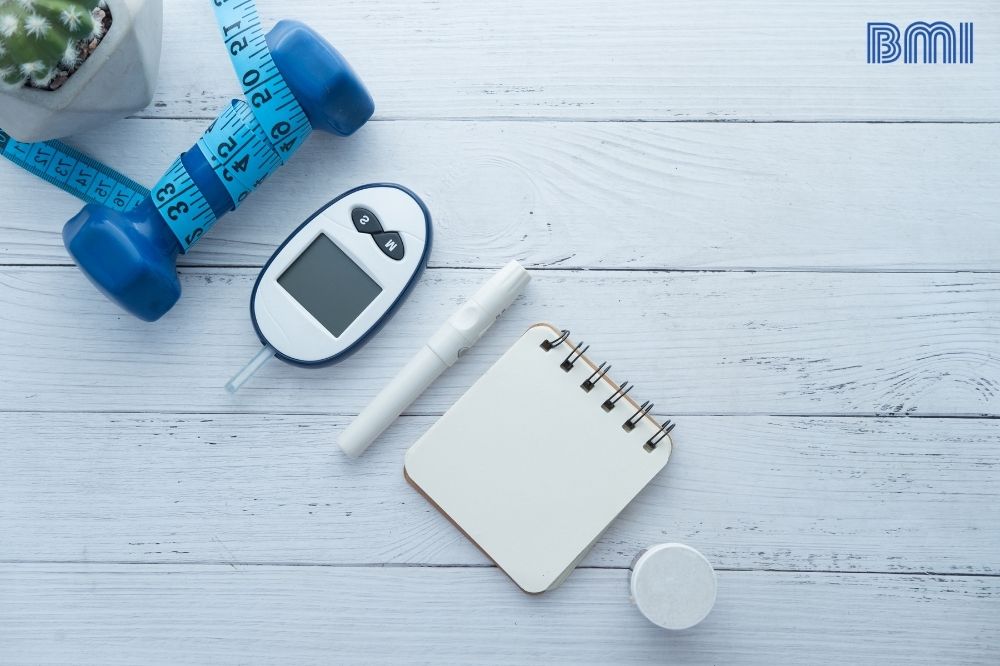Do you always feel tired? The lack of physical activity and a diet too rich in refined flours can favor its appearance. Planning your meals with low-glycemic foods will help reduce insulin resistance and prevent diabetes.
It is convenient to know what it is and do not forget that developing or not developing type II diabetes, the most common, depends to a large extent on lifestyle.
When the level of glucose in the blood is higher than normal, but not high enough to diagnose diabetes, it is called prediabetes. For most people, this means that they have insulin resistance and that if they don't do something to improve their health, they can develop type II diabetes.
There are two types of diabetes, as we mentioned earlier: type I, this generally appears at an early age and is characterized by the total absence of insulin, which requires injecting it. The cause is presumed to be autoimmune or genetic, and represents a 5-10% of diabetes. Type II occurs in 80-85% of cases. The body makes insulin, but it is not effective or sufficient. It appears from the age of 45 or 50, although it is diagnosed at an increasingly early age.
Some habits that improve health in general and, especially, the introduction of certain changes in diet, are very effective in ending prediabetes, sometimes permanently.
Here's a simple guide to naturally lowering blood sugar levels:
- Exercise Regularly. Exercise increases insulin sensitivity and helps your muscles get sugars from your blood. This can lead to low blood sugar levels.
- Control Carbohydrate Intake. Your body turns carbohydrates into sugars (mainly glucose) and then insulin moves them into the cells. When you eat too many carbohydrates or have problems with insulin function, this process fails and blood glucose levels rise.
- Increase your Fiber Intake. Fiber reduces the digestion of carbohydrates and the absorption of sugar. For these reasons, it promotes a more gradual increase in blood sugar levels.
- Drink Water and Stay Hydrated. Drinking enough water can help you keep your blood sugar levels within healthy limits. In addition to preventing dehydration, it helps your kidneys drain excess sugar from the blood through your urine.
- Implement Portion Control. Controlling your portions helps regulate your calorie intake and can lead to weight loss. Consequently, controlling your weight promotes healthy blood sugar levels and has been shown to reduce the risk of developing type II diabetes.
- Choose Foods with a Low Glycemic Index. The glycemic index was developed to assess the body's blood sugar response to foods that contain carbohydrates.
- Control Stress Levels. Stress can affect your blood sugar levels. Hormones like glucagon and cortisol are secreted during stress. These hormones cause blood sugar levels to rise.
- Monitor your Blood Sugar Levels. "What is measured is controlled."
- Get enough and good sleep. Good sleep maintains blood sugar control and promotes healthy weight. Poor sleep can disrupt important metabolic hormones.
- Keep a healthy weight. Weight control also promotes healthy blood sugar levels and has been shown to reduce your risk of developing diabetes.

Changing your lifestyle is a big step toward preventing diabetes, and it's never too late to start. Keep these tips in mind. Take care!

















